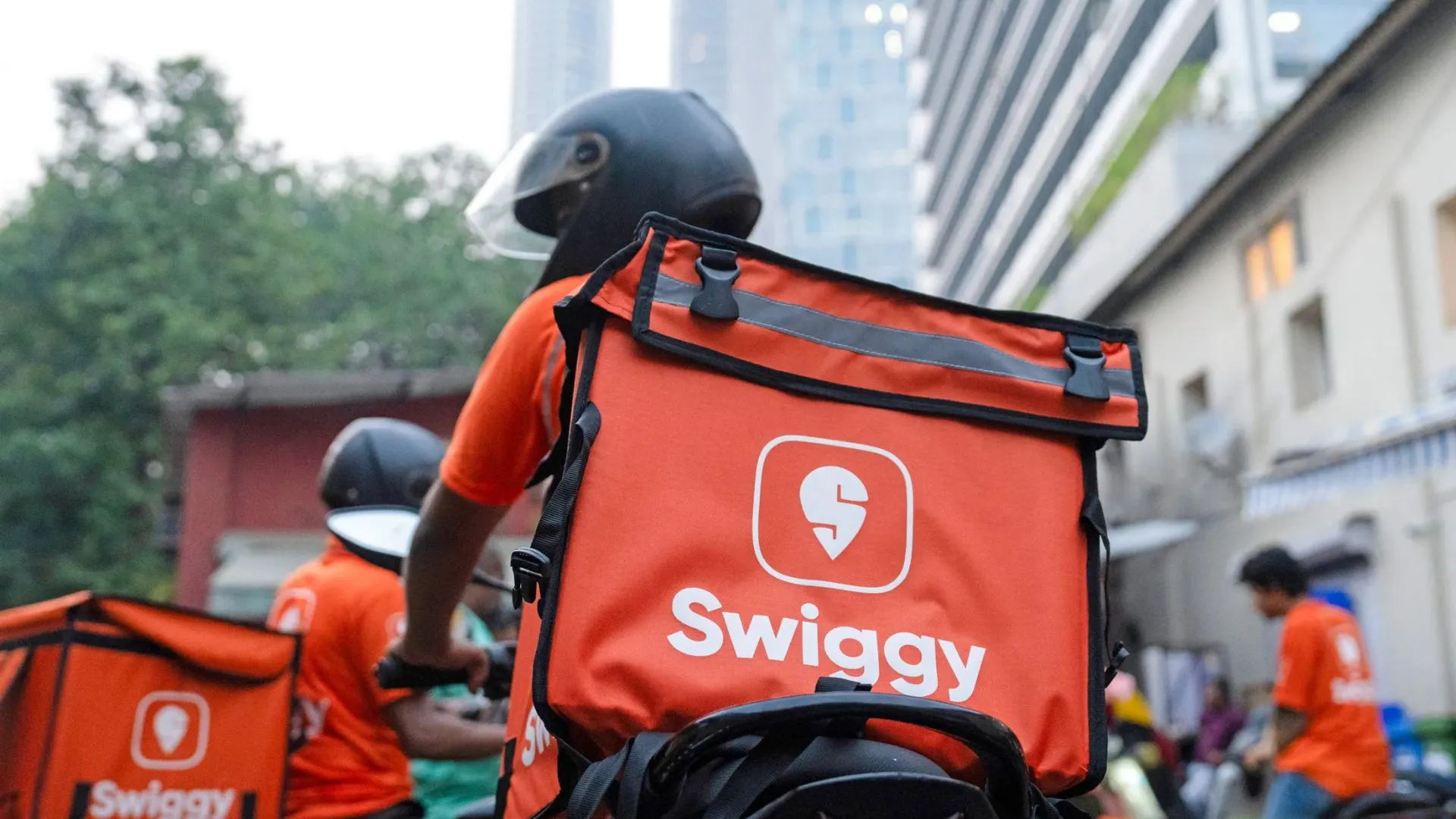The management committee of the Shahi Jama Masjid in Sambhal, Uttar Pradesh, has moved the Supreme Court seeking to maintain the status quo regarding the private well situated near the mosque’s entrance. The committee has urged the apex court to direct the Sambhal District Magistrate (DM) to refrain from taking any action related to the investigation or opening of the well, which the committee claims was constructed outside the mosque without proper permission.
The issue gained significant attention after violent clashes broke out during a court-ordered survey of the mosque. The survey followed claims made by certain petitioners that the mosque was originally a Hindu temple, allegedly demolished to build the Jama Masjid in 1526. The violence led to the loss of at least four lives, adding to the sensitivity surrounding the case.
Concerns Over Revival Drive and Religious Significance
The mosque committee has expressed concerns over the district administration’s ongoing drive to revive old temples and wells across Sambhal. The administration has reportedly revived 32 old temples and identified 19 wells that are being reopened for public use. However, the mosque committee claims that the revival of these wells is being promoted with religious connotations, specifically suggesting that some of them have historical or religious significance, which could lead to potential disputes.
Posters were allegedly put up around the Shahi Jama Masjid, indicating the locations of these historical wells, and, in some cases, the mosque itself was depicted as a Hindu temple. The mosque committee has contested these claims, asserting that such actions could disturb the fragile peace in the area and create further tensions.
Legal Action and Apprehensions of Disturbance
The Shahi Jama Masjid management committee also pointed out that they had previously issued a legal notice to the district administration on December 16, 2024, expressing their concerns about the well. According to the committee, the district magistrate has claimed that the well is not located within the mosque premises, and any order passed by the court is only applicable to matters inside the mosque itself.
However, the committee maintains that the well is partly located inside the mosque premises and its opening for religious purposes could potentially escalate tensions, particularly in the current fragile social climate. The committee emphasized that the district administration’s actions are not in line with maintaining peace and harmony, as the court had previously instructed in its order from November 29, 2024.
As the case progresses, the Supreme Court’s decision will be closely watched, given the sensitive nature of the dispute and the potential impact on communal harmony in the region.
Read More : 20-Year-Old Breathes New Life After RML’s Second Successful Heart Transplant Aided By Green Corridor























